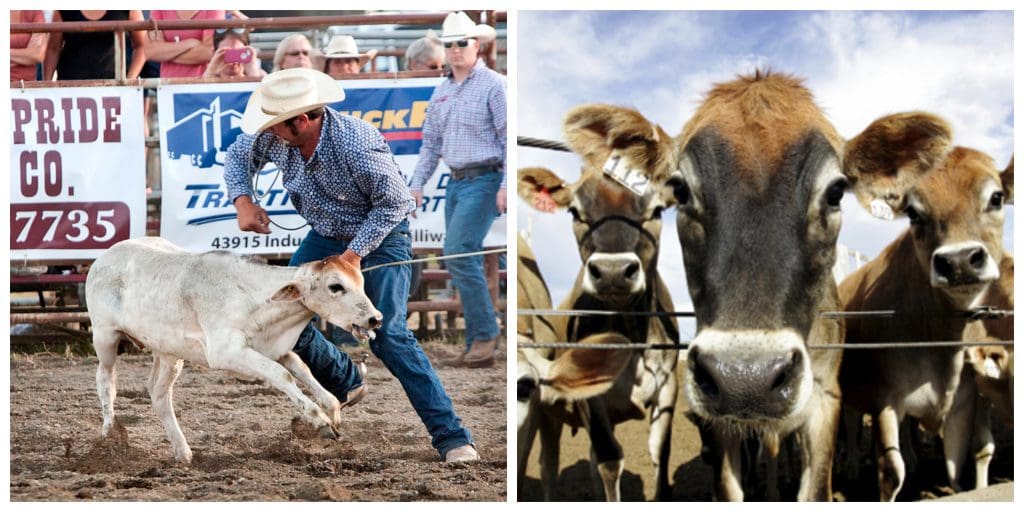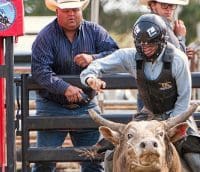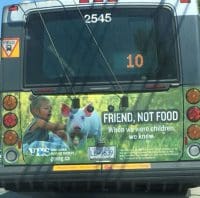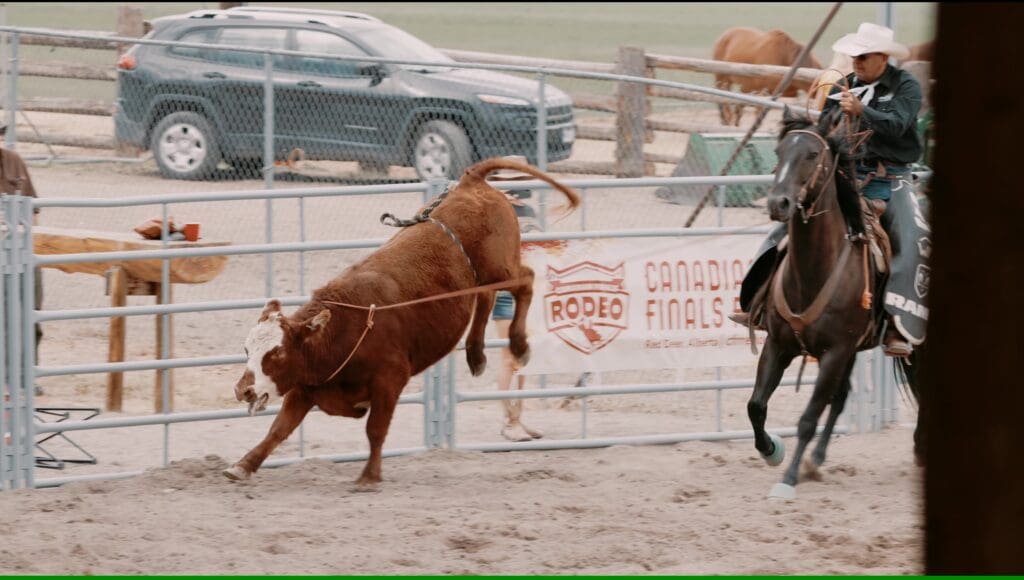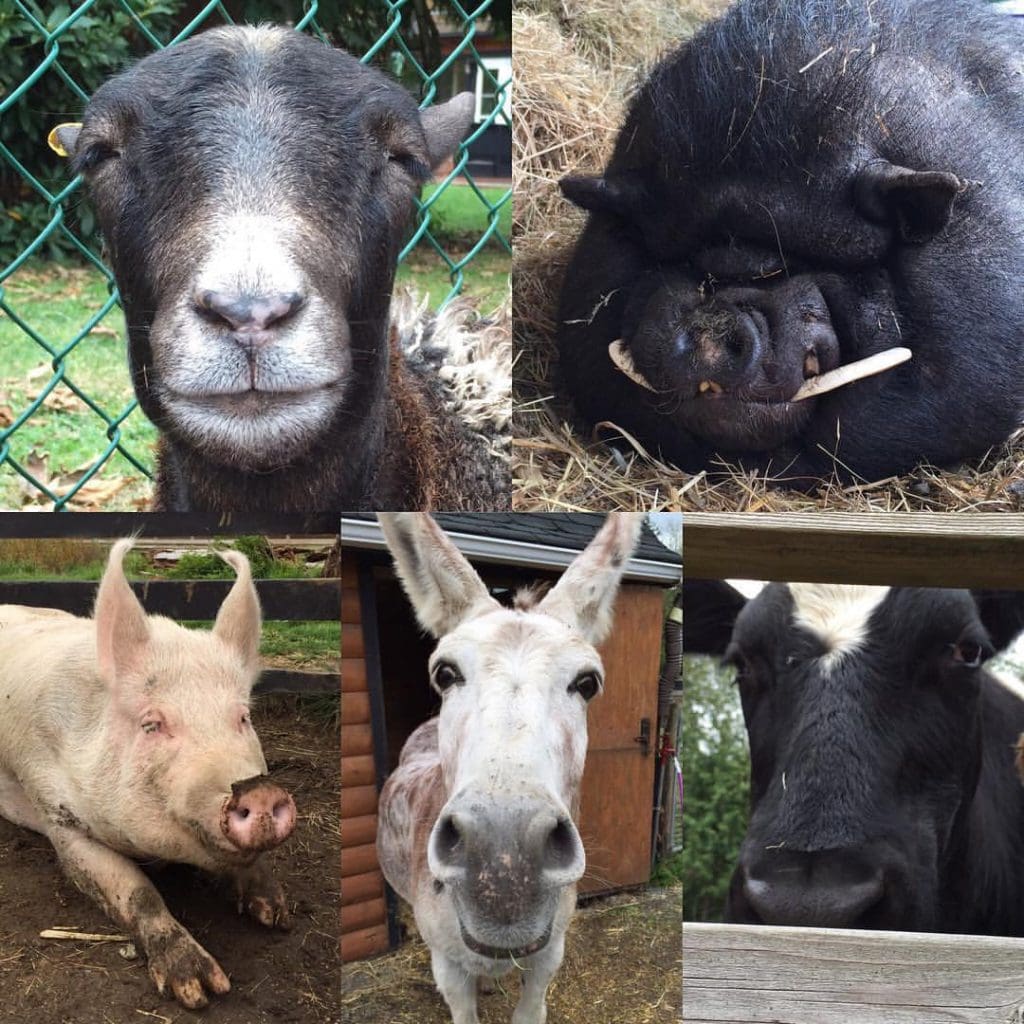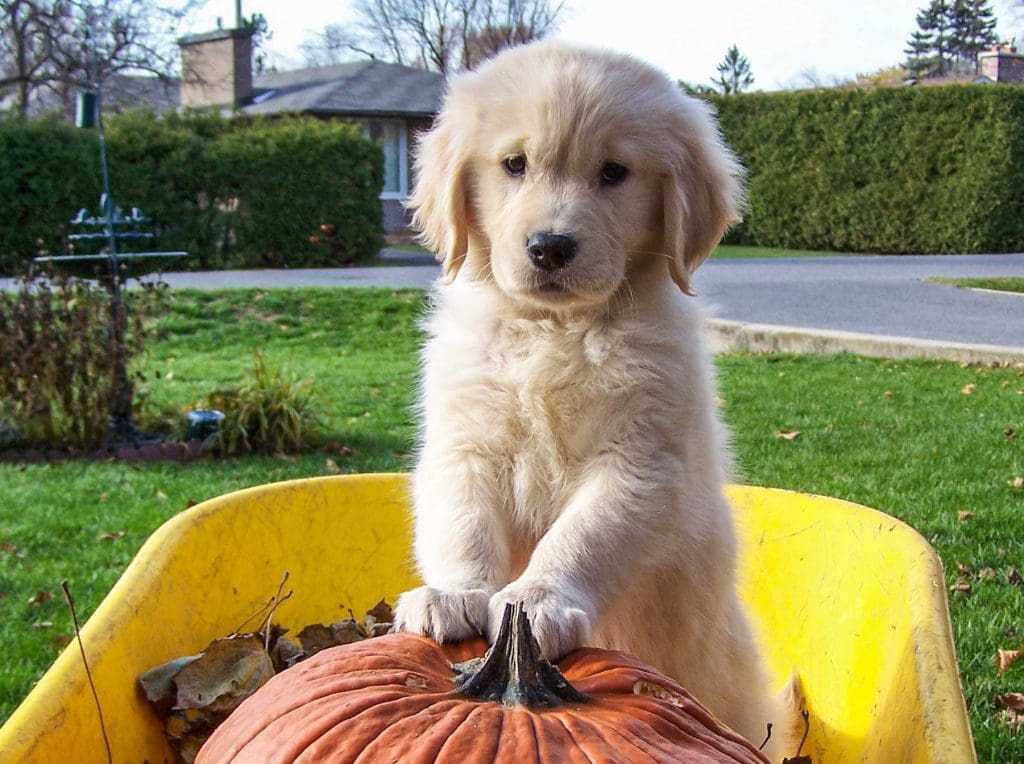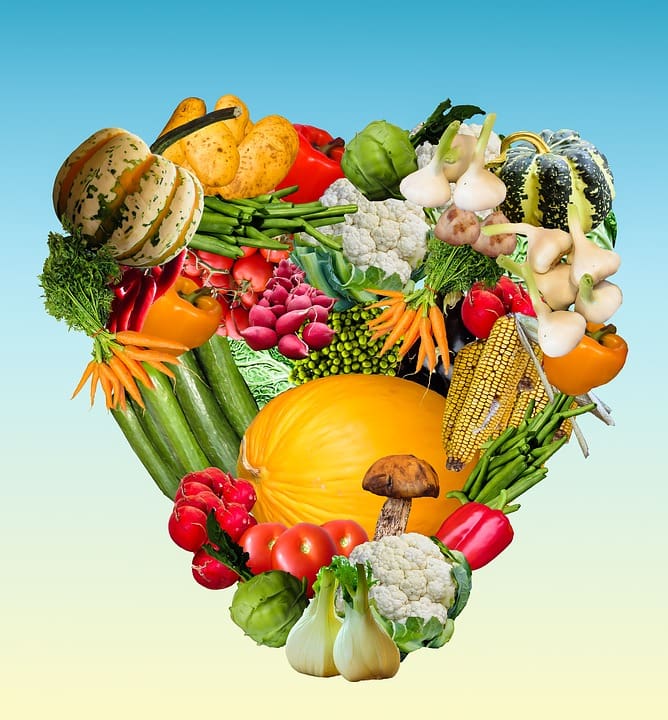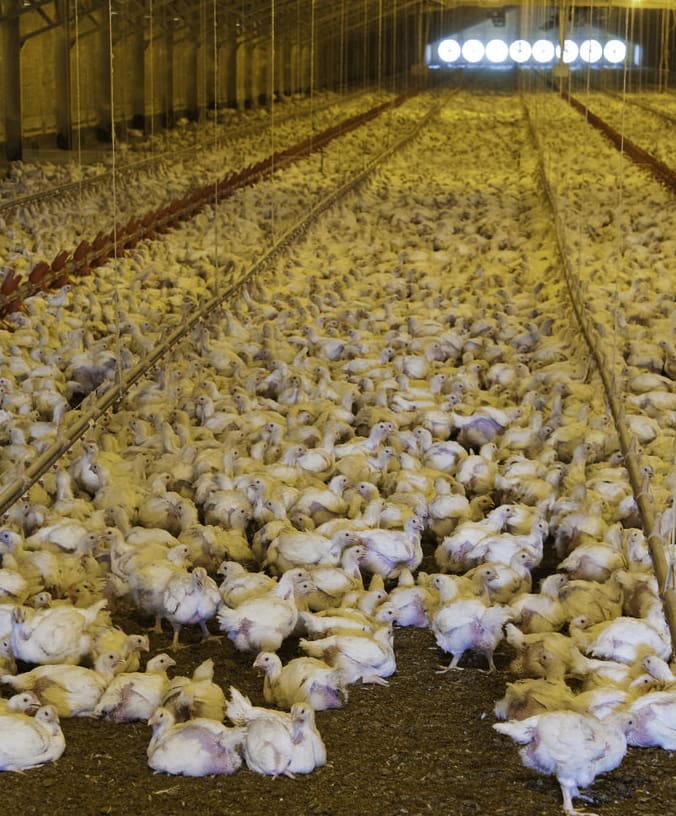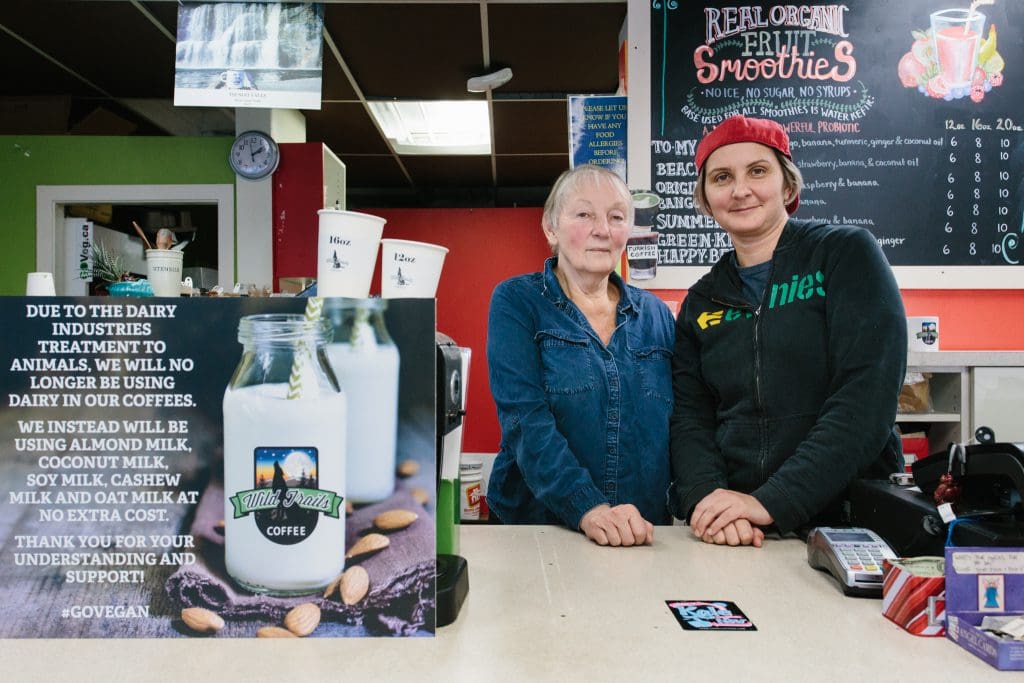
It seems like Vegan athletes and celebrities are everywhere right now; there’s a vegan running for President of the United States, and Beyonce has made headlines the world over for promoting veganism with free concert tickets for those who give up animal products, and her fans are listening. Even the current WWE Champion, “The New Daniel Bryan” is a vegan, anti-corporate, environmentalist who recently threw away the championship belt on Smackdown Live, replacing it with an animal-friendly hemp and wood belt, decorated with turquoise. The New Daniel Bryan, unlike the previous Daniel Bryan, is a heel, the villain in the wrestling world. He’s the guy that wrestling fans love to hate as he attacks his opponents, and the crowd, for their consumerism and gluttony. He’s seen as annoying and of having a superiority complex. He’s never presented as wrong; he’s booed because he speaks the truth that people don’t want to hear. And we should champion those who speak truth to power in order to spread the ethics of compassion against cruelty. Some see this as just the next step in the mainstreaming of veganism and are celebrating Bryan’s message being heard by over two million people live (and almost a million more on the official WWE YouTube video already).
Daniel Bryan dumps WWE Championship for eco-friendly title: SmackDown LIVE, Jan. 29, 2019
Along with his “intellectual peer,” Rowan, Daniel Bryan changes the climate of WWE by disposing of the WWE Championship for a more eco-friendly version. #SDLive #WWETitle GET YOUR 1st MONTH of WWE NETWORK for FREE: http://wwe.yt/wwenetwork ——————————————————————— Follow WWE on YouTube for more exciting action!
I don’t think it’s great that Daniel Bryan, who outside of the ring is mostly vegan and seemingly genuinely concerned for the environment, is using veganism and environmentalism in this way however. I don’t share the sentiment that a vegan heel, no matter how popular, is good for animals or for those who care about their well-being. I think we should question why the WWE, whose former CEO – Linda McMahon – is currently a member of the Trump cabinet, is promoting a storyline about a vegan villain who won his most recent championship through illegal interference. Has the WWE suddenly developed a desire to promote animal ethics to such an extent as to base a character around it?
The mass extinction of species is arguably the largest legacy humans have left on the planet, with this age being designated the “Anthropocene,” an epoch literally defined by our impact. Climate change and the continued devastation of natural habitats the Earth-over will further transform all aspects of life as we know it, and the ever-expanding reach of intensive animal agriculture leaves an ethical stain on all of humanity, in addition to the literal disaster it leaves in its shadow. This means that veganism and the preservation of the environment are the most important and urgent issues facing us as a society and a species. Our response may determine our very survival. I don’t think concern for this impending disaster should be seen as a character trait, a quirk to market a brand as more interesting than it is. I don’t think any animals will be helped by Daniel Bryan. Of course, he’s under no obligation to speak on behalf of the ever growing animal movement, and some will say I’m wrong to complain. There’s no such thing as bad publicity, right? Except this isn’t about freedom of choice, of marketing a brand or product, of choosing Pepsi over Coke. Veganism is not a “lifestyle” to be bought and sold, it is the very ethical issue of our age, possibly the last great ethical issue we will face as a species, and it is being treated as a cultural cloak that can be put on and taken off without commitment. Daniel Bryan’s veganism is just another part of his angry leftist character, one of the things he critiques Vince McMahon for along with environmental and economic concerns. We are implicitly being told by the WWE that ethical commitment is like personal opinion, that climate change is something that should be debated or argued and not the emergency that it is.
Welcome to the attempt to include veganism and environmental concern once again as part of a manufactured culture war between the political left and right, between urban and rural residents, in short, as a source of antagonism and division. Certainly caring for animals and the environment have historically been part of this attempt to divide people, whether we look at hippies, the anti-globalization movement, or today’s political left. But aren’t we all tired of this narrative? There are groups within every major religion advocating for veganism and environmental preservation today, and even right-wing personalities like Tucker Carlson are saying that the ethical arguments that ground veganism are compelling. Our very future may depend on the adoption of veganism – the media needs to recognize (finally) that concern for animals and the planet is not a left- or right-wing issue; it is a question of essential morality, and whether one truly cares about the preservation of our species and those others with whom we share the planet. We should remember that when corporations and personas begin to take up our beliefs and our ethics that it is our duty to remain critical, to ensure that morality is uncompromised and that animals have engaged and informed advocates, and not simply brand ambassadors with the right buzzwords.

